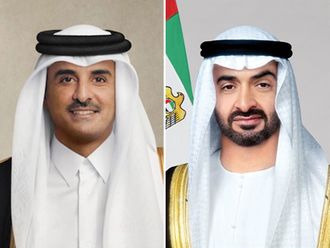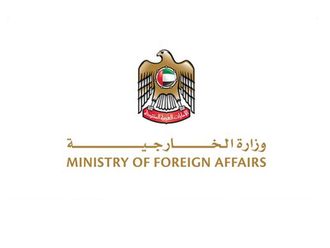Abu Dhabi: The Prince of Wales will present a digital replica of the ancient Quran fragment discovered by the University of Birmingham in the UK during his three-day visit to the UAE, BBC reported on Monday.
The copy of the manuscript will be a centrepiece of a year of cultural links between the UK and the UAE.
The original Quran fragment, possibly the oldest in the world, remains in the University of Birmingham.
The manuscript, at least 1,370 years old, was hailed as a major discovery.
The University of Birmingham’s find came last year when a manuscript, which it had held since the 1920s, was radiocarbon dated and found to be much older than anyone had expected.
The range of dates, established by tests carried out by the University of Oxford, showed that the manuscript was among the earliest surviving fragments of the Quran and could be the oldest in existence.
The parchment, with verses of the Quran written on either sheep or goat skin, was put on public display in Birmingham.
But for the first time, a digital replica of the manuscript has been taken out of the UK and is being put on show at events in the UAE.
This will be part of a year of collaborations promoting cultural and economic links between the UK and the UAE, in areas such as the arts, education, sport and science.
It will also mark the symbolic return, at least in replica form, of a manuscript that was made in the Middle East in the earliest years of the Muslim faith.
An investigation into the likely origin of the Birmingham manuscript showed that it was related to a similar document held in Paris, which had been brought to Europe by a vice-consul of Napoleon.
The Birmingham manuscript was acquired in the 1920s by Alphonse Mingana, an Assyrian, from what is now modern-day Iraq, whose collecting trips to the Middle East were funded by the Cadbury family.










